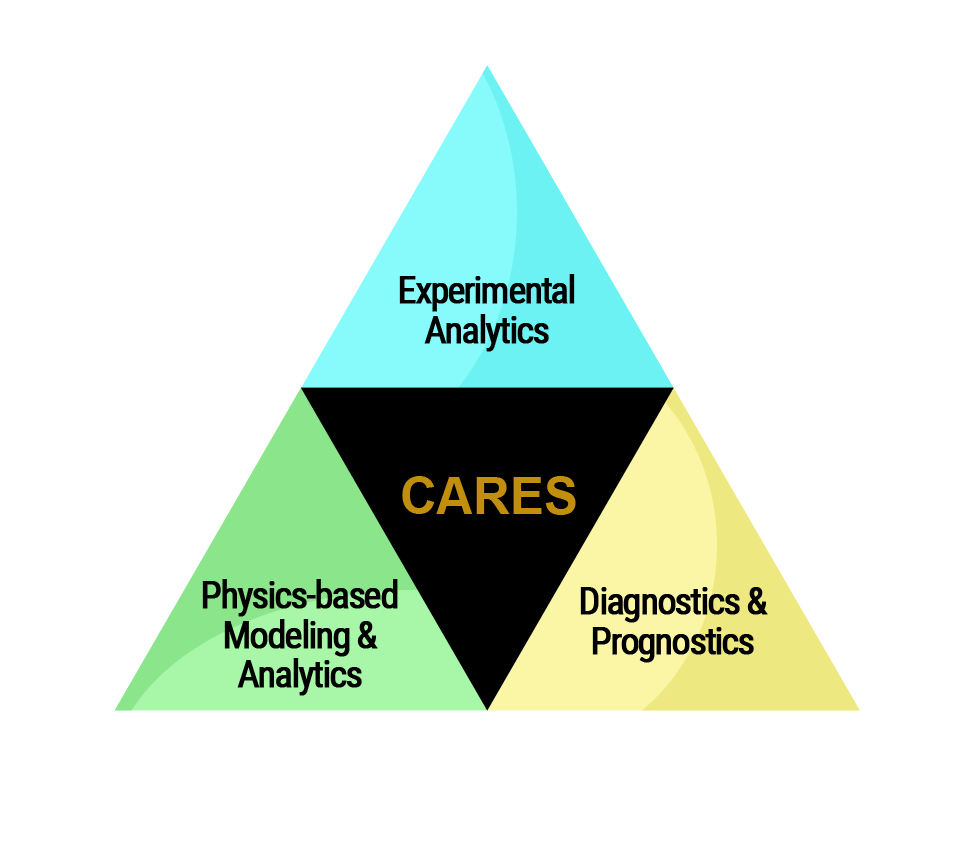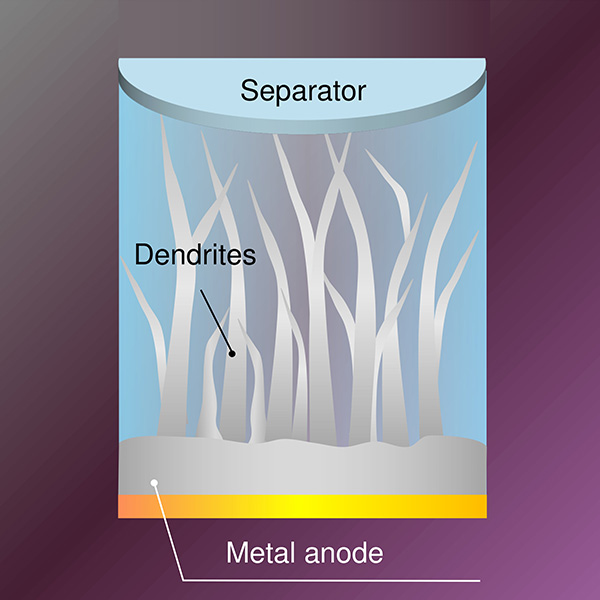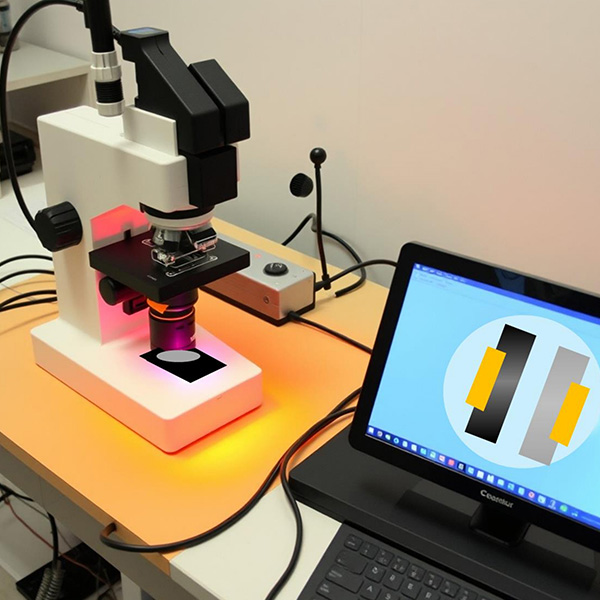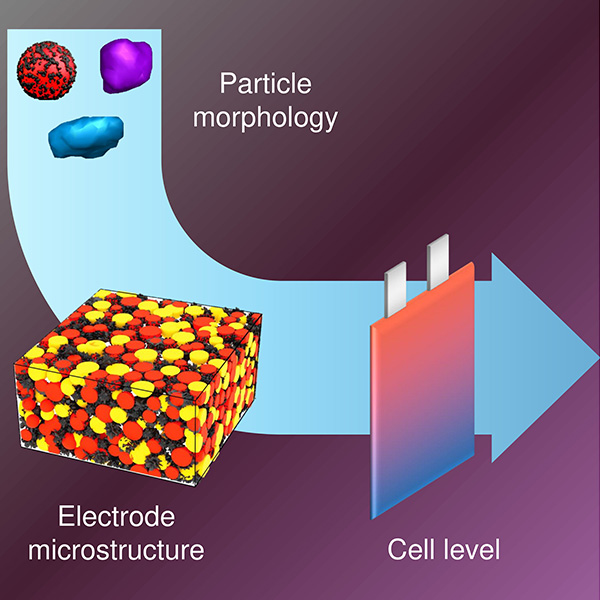Center for Advances in Resilient Energy Storage
Building the science foundation of electrochemical safety & resilience

CARES: Pushing Frontiers in the Safety Science of Energy Storage
The Electrochemical Safety Research Institute (ESRI) and Purdue University established the Center for Advances in Resilient Energy Storage (CARES) research hub in October 2023. CARES builds on existing research by both ESRI and Purdue University, with a focus on developing a holistic understanding of safety science in energy storage.


Our Mission
The overarching mission of CARES is to develop a science-based foundation of energy storage safety, sustainability, and resilience.
Through an integrated approach, including physics-based modeling and experimental analytics, the focus will be to develop a fundamental understanding of the mechanistic implications in the safety and resilience of emergent energy storage chemistries and architectures.
Our Research
Our research will synergistically combine cutting-edge experimental analytics, physics-based modeling, and data-driven approaches to interrogate, understand, and advance the safety of next-generation battery chemistries.
Science Verticals
Solid-State Battery
Solid-state batteries, using a solid electrolyte and lithium anode, can offer higher energy densities when compared to conventional lithium-ion batteries.
Metal Electrode with Liquid Electrolyte
The utilization of metal electrodes in next-generation batteries can potentially enable high energy and power densities.
Sodium-Ion Chemistry
Sodium-based battery chemistries can offer a sustainable and cost-effective energy storage solution for various applications.
Cross-cutting themes
Operando Analytics
Operando analytics enables real-time monitoring of material- and electrode-level interactions affecting battery safety and degradation.
Thermal Analytics
Thermal analytics involves a combination of calorimetry, thermal characterization, and modeling to investigate thermal stability and safety.
Multiscale Modeling
Multiscale modeling integrates particle-, electrode-, and cell-level mechanistic interactions to understand safety and degradation.
Data Analytics
Data analytics, leveraging the physics-based modeling and experimental datasets, will enable diagnosis and prognosis of battery safety.











